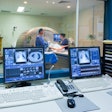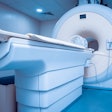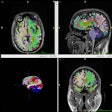Researchers from Binghamton University in Binghamton, NY, and Temple University in Philadelphia are developing a nanoparticle-based MRI contrast agent that could help physicians visualize areas of inflammation.
With a two-year, $418,000 grant from the U.S. National Institute of Biomedical Imaging and Bioengineering (NIBIB), the ultimate goal of the project is to help doctors predict the effects of heart disease with better accuracy.
Currently, blood pressure and cholesterol levels are used to assess a patient's risk of developing plaque, which is a precursor to cardiovascular disease. However, there is a "fairly poor correlation between plaque size and heart attack or stroke," according to Amber Doiron, a research assistant professor in the biomedical engineering department at the university.
The nanoparticle-based MRI contrast agent could also be used to detect other types of inflammation throughout the body, according to the study published in the October issue of Colloids and Surfaces B: Biointerfaces (Vol. 158, pp.578-588). Inflammation is associated with many conditions, such as allergies, asthma, hepatitis, and transplant rejection.
The approach could potentially help doctors detect inflammatory diseases sooner and pinpoint where the inflammation is in the body via the MRI scan, Doiron said.


.fFmgij6Hin.png?auto=compress%2Cformat&fit=crop&h=100&q=70&w=100)



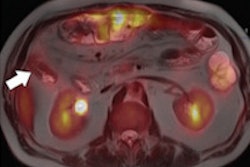
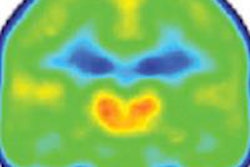
.fFmgij6Hin.png?auto=compress%2Cformat&fit=crop&h=167&q=70&w=250)








